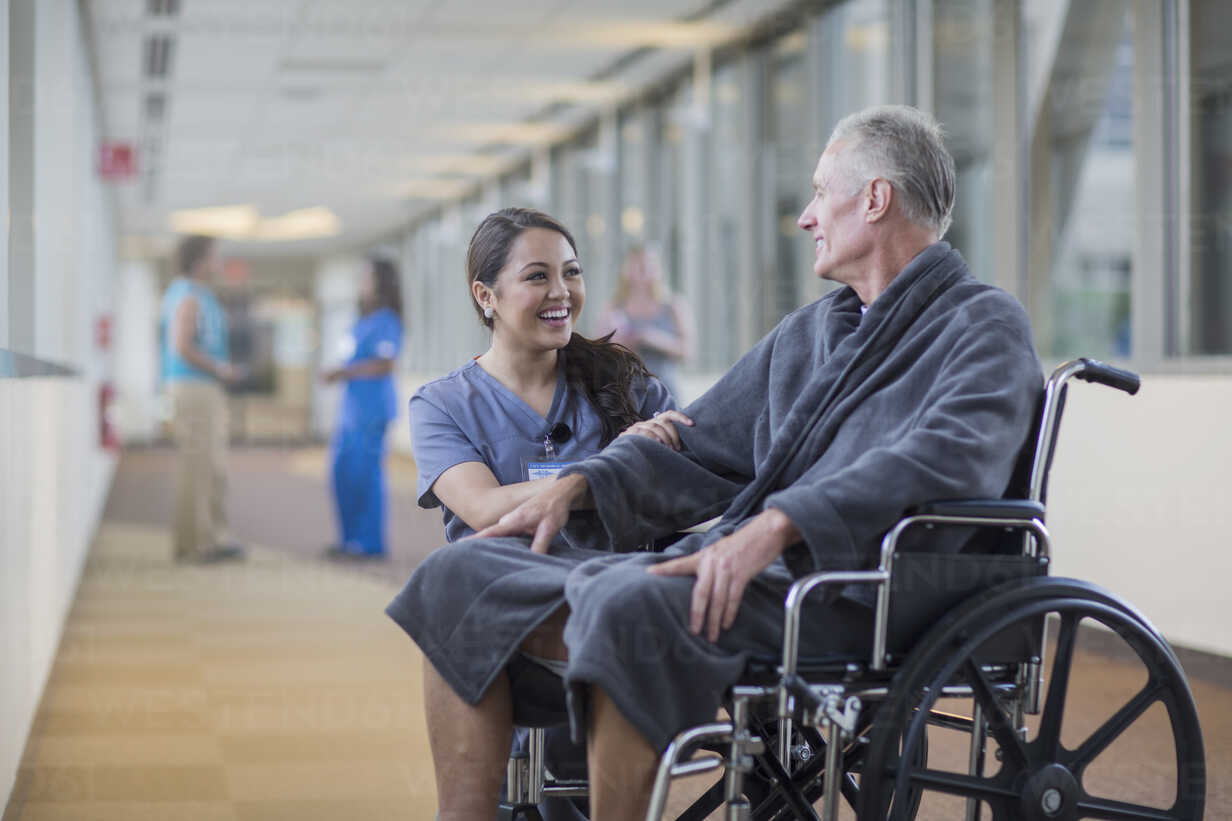
Caring for an elderly individual, whether you’re a family member or a professional caregiver, requires thoughtful attention to both comfort and safety. Daily living aids are an essential part of making life easier for seniors, helping them maintain independence while reducing risks like falls and injuries. Knowing which aids to choose can significantly enhance the quality of life for elderly individuals. In this article, we’ll guide you through selecting the best equipment that promotes both comfort and safety for seniors.
1. Understanding the Specific Needs of the Elderly
Before choosing any aid, it’s important to understand the unique challenges that the elderly face. As people age, mobility, balance, and strength often decline. Additionally, vision and hearing may weaken, making day-to-day activities more difficult. As we age, muscle mass and strength decrease due to shrinking muscle fibres, slower tissue replacement, and reduced nerve function, leading to fatigue and weakness. These changes impact the ability to move safely and comfortably, requiring specific aids to support daily activities.
Each person’s situation is different, so choosing aids based on specific needs is vital. For instance, if mobility is a primary concern, walking aids such as canes, walkers, or rollators may be the most appropriate. For individuals with limited dexterity, devices that make dressing, eating, or handling objects easier will provide more benefits.
Consider conducting a needs assessment with a healthcare professional to ensure that the chosen aids align with the patient’s physical and cognitive abilities. This process not only ensures safety but also helps maintain a sense of independence for the individual.
2. Prioritising Safety with Mobility Aids
Falls are a leading cause of injury among the elderly. Therefore, mobility aids designed to prevent falls should be a priority. When choosing walking aids such as canes or walkers, opt for those with non-slip rubber grips and adjustable height settings. These features ensure stability and comfort while walking. Rollators, equipped with seats, brakes, and baskets, are also helpful, offering a versatile option for individuals who may need to take frequent breaks while walking.
For those who use wheelchairs, selecting a chair that is easy to manoeuvre and offers adequate support is essential. Look for models with cushioned seating, adjustable armrests, and easy-to-lock brakes for added security.
3. Enhancing Comfort with Seating and Bed Aids
Comfort is crucial for the elderly, especially when spending long hours sitting or lying down. Seating aids such as ergonomic chairs or pressure-relief cushions help prevent sores and promote better posture. Electric recliners are also beneficial for those with mobility issues, offering adjustable positioning and ease of use.
When it comes to beds, adjustable beds can be a game changer, providing flexibility in positioning for sleeping, reading, or even getting in and out of bed. Adding bed rails can enhance safety, reducing the risk of falls during the night.
Mattresses designed to reduce pressure points, such as memory foam or air mattresses, also contribute to better sleep and comfort. These small adjustments can make a big difference in the daily comfort of the elderly.
4. Bathroom Safety and Comfort
The bathroom poses a significant risk for slips and falls, making it one of the most important areas to equip with safety aids. Installing grab rails and non-slip mats can immediately enhance safety. For individuals with limited mobility, raised toilet seats, bath chairs, and walk-in showers provide additional security and comfort.
An important consideration in bathroom safety is ensuring that the aids do not just cater to physical needs but also provide comfort. This means selecting products that are easy to use and don’t cause unnecessary strain. For instance, adjustable shower heads and temperature control devices can help prevent burns and slips caused by sudden changes in water pressure or heat.
When looking for bathroom equipment for the elderly, it’s important to choose products that are durable, easy to clean, and designed to offer a blend of comfort and functionality. The right choice of equipment can transform the bathroom from a high-risk area to a safer, more comfortable space.
5. Daily Living Aids for Independence
Beyond mobility and bathroom aids, there are a variety of smaller daily living aids designed to enhance independence and safety. Dressing aids, such as button hooks and sock aids, allow individuals with limited dexterity to dress themselves with ease. Similarly, kitchen aids like easy-grip utensils and jar openers can make food preparation more manageable.
For those with vision impairments, there are magnifying glasses, large-button telephones, and voice-activated devices that can assist in day-to-day tasks. Hearing aids, too, have become more advanced, offering clearer sound quality and ease of use. These devices ensure that individuals remain connected to their surroundings, promoting independence and reducing frustration.
6. Consulting Professionals for the Best Choices
Although there is a wide range of aids available, making the right choice can be overwhelming. Consulting with healthcare professionals, occupational therapists, or mobility specialists can provide invaluable guidance. They can assess the individual’s needs and recommend specific aids that will improve safety and comfort. Their expert advice ensures that the aids chosen are not only suitable for the person’s current condition but can also adapt as their needs evolve.
Conclusion
Choosing the right aids for patient comfort and safety involves a thoughtful balance of understanding the individual’s needs and selecting products that enhance both quality of life and security. Whether it’s mobility aids, bathroom safety devices, or daily living aids, each choice plays a crucial role in helping the elderly live comfortably and independently. By investing in the right aids, caregivers can not only ensure safety but also provide a more comfortable and dignified life for those in their care.

